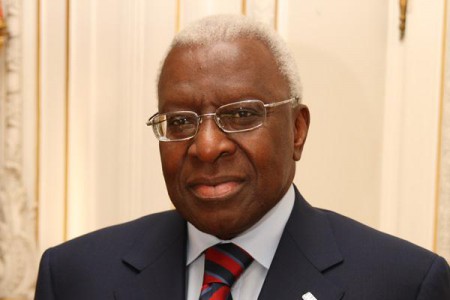The IAAF is grateful to the Court of Arbitration for Sport (CAS) for the decisions it published today upholding the IAAF’s appeals concerning the cases of six international-level Russian athletes: Olga Kaniskina, Yuliya Zaripova, Sergey Bakulin, Valeriy Borchin, Vladimir Kanaykin and Sergey Kirdyapkin.
The IAAF will immediately proceed to the effective disqualification of results, re-rankings and reallocation of medals in all competitions under its control. With respect to the Olympic Games, the IAAF will inform the International Olympic Committee of the CAS decisions and request the disqualification of results and the reallocation of medals.
Summary
All six athletes had initially been charged by the IAAF following abnormalities in their Athlete Biological Passport’s profile. They had all been found guilty of a doping offence and all received an increased period of ineligibility imposed by the Russian Anti-Doping Agency (RUSADA). However, the IAAF considered that RUSADA had been too “selective” as regards the results to be disqualified retroactively as a consequence of the doping offence revealed by the Athlete Biological Passport and that actually more results should have been disqualified.
The IAAF considered this as an important point of principal in the context of the Athlete Biological Passport and is pleased to see that the CAS Panel has taken the strongest possible line and made a strict and full application of IAAF Rules, in the interest of clean athletes and sport justice.



